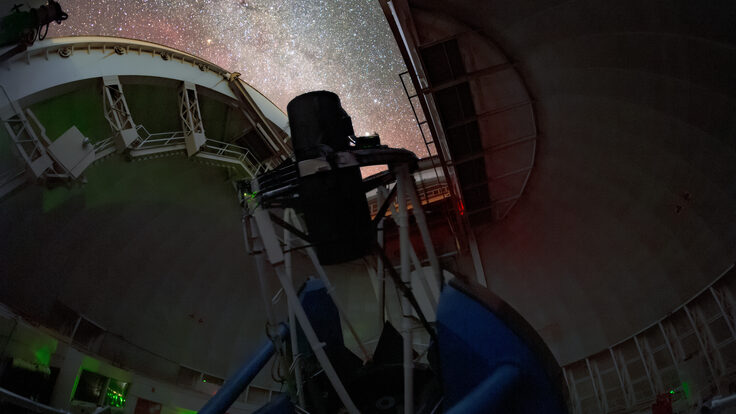Science policy experts told journalists and researchers in Chicago Saturday that the outlook for federal support for science during the next decade exceeds expectations, but that it's not time to dance in the streets yet.
Experts talking to a couple hundred people at the annual American Association for the Advancement of Science, or AAAS, conference said scientists face several hurdles and policy makers must answer tough questions. The answers will determine whether the boost to science lives past the memory of campaign promises and the spending of the stimulus bill passed by Congress Friday and expected to receive President Barack Obama's signature this weekend.
The $790 billion stimulus bill allocates $21.5 billion for federal research and development, well beyond the $13 billion proposed by the House and $18 billion by the Senate.
"That is a lot more than I would have expected," said Kei Koizumi, AAAS director of budget and policy. "The outlook is great for sustainable growth for research funding, especially for competitiveness."
Koizumi served on Obama's transition team and moves to the White House Tuesday as part of the OSTP staff. He said the stimulus package, which had competitiveness-related basic research as one of four main priorities, puts the National Science Foundation, Department of Energy, and the DOE Office of Science on track to double their budgets over the next seven to 10 years, as promised in the 2007 America Competes Act.
The bill also targets billions of dollars at infrastructure improvement at universities and national laboratories.
Potentially, the stimulus bill also could have favorable impacts on budgets for basic and applied research, which have been declining since 2004.
But with research mainly comprised of multi-year projects, the money can't stop once the economy gets back on track.
"There are some big questions," Koizumi said.
How funding will be sustained is a key question. Other concerns include: what role will the National Science and Technology Council play in the administration and how will it coordinate across groups, will the administration view universities as government contractors or a key vehicle to carry out federal research, and how will science be used to shape policy.
David Goldston, a former Congressional staffer for more than 20 years, said putting science in the stimulus bill removed much of the partisan stigma, but long-term, societal issues of how laws regulate science and technology and how it is used will foster new divisions.
There is a lot to be done, but the nation has the right people to do it--the Obama administration has arguably paid more attention to science policy than any administration ever, he said.
"... but that doesn't mean anything is going to be easy," he added.






